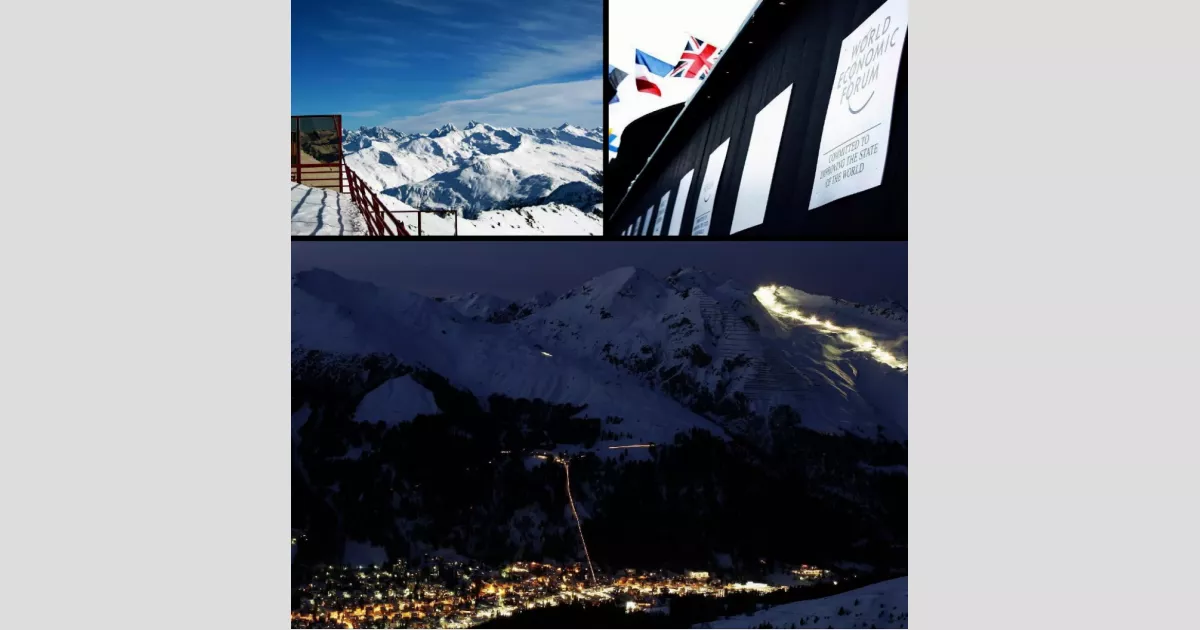Davos is a resort town and municipality situated in the canton of Graubünden, Switzerland, within the Rhaetian Alps. It is located on the Landwasser river, nestled between the Plessur and Albula Ranges. As of 2020, Davos has a permanent population of approximately 10,832 residents.
1913: European Bandy Championship held in Davos
In 1913, Davos hosted the only European Bandy Championship.
1913: European Bandy Championships
The 1913 European Bandy Championships in Davos is so far the only one of its kind.
1917: Ernst Ludwig Kirchner living in Davos
Since 1917, Ernst Ludwig Kirchner was living in Davos and later in his life, depicted Davos and the Junkerboden.
1919: Building age
About 25.9% of the buildings were built before 1919.
1923: First Spengler Cup
In December of each year, the HC Davos team and arena host the Spengler Cup, an international tournament first held in 1923.
1936: Ernst Ludwig Kirchner depicted Davos
In 1936, Ernst Ludwig Kirchner, living in Davos since 1917, depicted Davos and the Junkerboden in his painting, featuring a Romantic and pantheistic atmosphere with a simplified formal structure.
1936: Assassination of Wilhelm Gustloff
In 1936, the assassination of Swiss Nazi leader Wilhelm Gustloff in Davos led to tensions with Nazi Germany.
1938: Ernst Ludwig Kirchner depicted Davos
In 1938, Ernst Ludwig Kirchner, living in Davos since 1917, depicted Davos and the Junkerboden in his painting, featuring a Romantic and pantheistic atmosphere with a simplified formal structure.
1985: Changes in land use
Since 1985, the amount of agricultural land has decreased by 736 ha, while the amount of forested land has increased by 481 ha.
1991: Building age
About 8.3% of the buildings were built between 1991 and 2000.
2000: Languages spoken
As of 2000, the most spoken language is German (86.3%), with Serbo-Croatian being second most common (2.8%) and Italian being third (2.7%).
2000: Religious affiliation
From the 2000 census, 46.6% of the population belonged to the Swiss Reformed Church while 34.6% are Roman Catholic.
2000: Building types
Of the 2,133 inhabited buildings in the municipality, in 2000, about 30.7% were single family homes and 39.1% were multiple family buildings.
March 2003: Winterjam festival
On 14 March 2003, a festival called Winterjam was held in the city and bands such as Sum 41, Crazy Town, and Guano Apes performed during this event.
2004: Land use survey
As of the 2004/09 survey, about 35.0% of the area is used for agricultural purposes, and 22.2% is forested. Of the rest of the land, 2.3% is settled (buildings or roads) and 40.5% is unproductive land.
2009: Davos largest municipality in Switzerland
In 2009, in terms of area, Davos was the largest municipality in Switzerland after a municipal merger with Wiesen.
2010: Davos loses title of largest municipality
In 2010, Davos lost the distinction of being the largest municipality after the formation of Glarus Süd.
2010: Population change rate
Over the last four years (2010-2014) the population has changed at a rate of -0.27%.
2013: Construction rate
In 2013 the rate of construction of new housing units per 1000 residents was 23.46.
2014: International Bandy tournament
An international Bandy tournament, starting in 2014, has been organised.
2014: Foreign nationals and population change
As of 2014, 27.0% of the population are resident foreign nationals. Over the last four years (2010–2014) the population has changed at a rate of -0.27%.
2014: Age distribution
As of 2014, children and teenagers (0–19 years old) make up 17.3% of the population, while adults (20–64 years old) are 64.5% and seniors (over 64 years old) make up 18.2%.
2014: Employment statistics
As of 2014, there were a total of 8,853 people employed in the municipality. Also, 23.5% of the population received social assistance.
2014: Household information
In 2014 there were 5,441 private households in Davos with an average household size of 2.03 persons.
2015: Overnight stays in hotels
In 2015 local hotels had a total of 797,348 overnight stays, of which 46.9% were international visitors.
2015: Marital status
In 2015 there were 5,099 single residents, 4,666 people who were married or in a civil partnership, 550 widows or widowers and 794 divorced residents.
2015: Federal election results
In the 2015 federal election the most popular party was the SVP with 30.0% of the votes. The voter turnout was 46.7%.
2017: Davos becomes part of the Prättigau/Davos Region
Until 2017, the municipality was located in the Davos subdistrict of the Prättigau/Davos district. Since 2017, it is part of the Prättigau/Davos Region.
2019: Federal election results
In the 2019 federal election the most popular party was the SP with 21.3% of the votes. The voter turnout was 41.8%.
December 2020: Davos population
As of December 2020, Davos has a population of 10,832.
2020: Davos Population
In 2020, Davos has a permanent population of 10,832.
2022: Study of Nazi influence commissioned
In 2022, Davos mayor Philip Willhelm commissioned a study from historian Stefan Keller documenting the history of Nazi influence in Davos.
2023: Federal election results
In the 2023 federal election, the most popular party was the SVP with 29.1% of the votes. The voter turnout was 42.9%.
September 2024: Last regular election
The last regular election (Landschaftswahlen) was held on 22 September 2024.
September 2024: Grand Country Council election
The last regular election of the Grand Country Council was held on 22 September 2024.
January 2025: Grand Country Council mandate period
The Grand Country Council mandate period is from January 2025 to December 2028.
2025: Composition of Davos's Small Country Council
As of 2025, Davos's Small Country Council is made up of two members of SP (Social Democratic Party), of whom one is the president), and one each of FDP (FDP.The Liberals), SVP (Swiss People's Party), and GLP (Green Liberal Party).
2025: Small Country Council mandate period
In the mandate period 2025–2028, the Small Country Council is presided by Landammann Philipp Wilhelm.
December 2028: Grand Country Council mandate period
The Grand Country Council mandate period is from January 2025 to December 2028.
2028: Small Country Council mandate period
In the mandate period 2025–2028, the Small Country Council is presided by Landammann Philipp Wilhelm.
Mentioned in this timeline
Germany officially the Federal Republic of Germany is a Western...
Portugal is a country located on the Iberian Peninsula in...
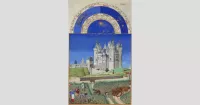
September is the ninth month of the year in the...
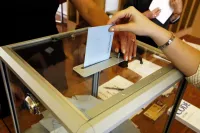
An election is a structured decision-making process where a population...
Trending
2 months ago StubHub Holdings Faces Investigation for Potential Securities Fraud; Law Firms Alert Investors.

USA Basketball USAB is the governing body for basketball in the United States and represents the country in FIBA It...
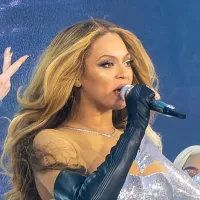
3 months ago Beyoncé and Jay-Z Spotted in Qatar: Headscarf Sparks Debate.
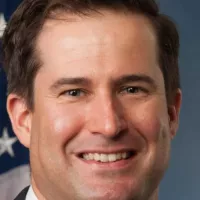
3 months ago Seth Moulton Challenges Ed Markey for Massachusetts Senate Seat in Generational Fight
Darius Slayton is a professional American football wide receiver currently playing for the New York Giants in the NFL He...
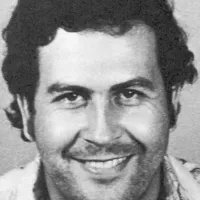
4 months ago Virginia Vallejo, Pablo Escobar's ex, reveals health struggle: Suffered a brutal stroke.
Popular

Thomas Douglas Homan is an American law enforcement officer who...

Martin Luther King Jr was a pivotal leader in the...

XXXTentacion born Jahseh Dwayne Ricardo Onfroy was a controversial yet...

Instagram is a photo and video-sharing social networking service owned...

KFC or Kentucky Fried Chicken is an American fast-food chain...

Jupiter is the fifth and largest planet from the Sun...
